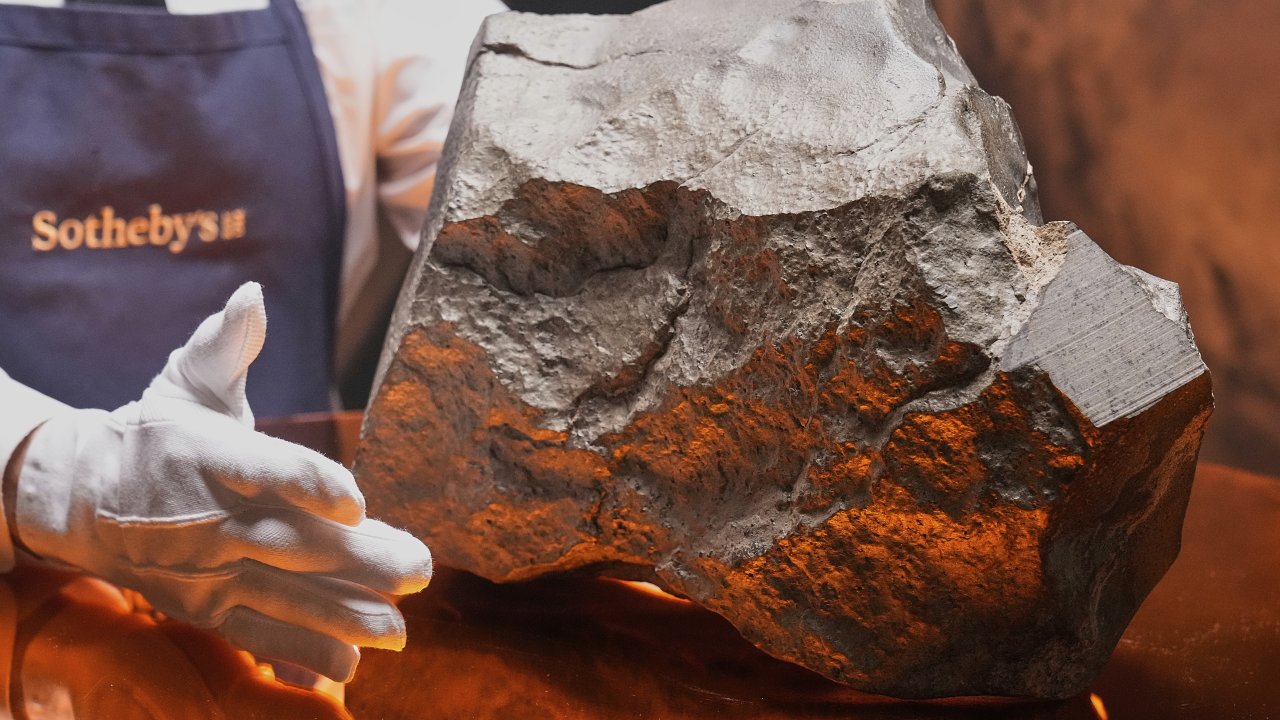These strikes are good for China – and for the world
Something is stirring in the workshop of the world. For weeks, strikes and protests have been breaking out across the coastal regions which have been the engine of China's emergence as an economic power and have unleashed an avalanche of bargain-basement consumer goods on the rest of the globe. While trade unions in Europe are taking industrial action against cuts in wages, pensions and jobs, low-paid workers in China have been striking against rampant exploitation, and winning double-digit pay rises.
It's a development that cuts to the heart of China's economic model, as well as the role of cheap labour in the global economy. What started at the Taiwanese-owned company Foxconn, the world's largest electronics supplier, with a spate of suicides linked to working conditions at its mammoth production centre in Shenzhen, has since spread to a rollcall of mostly foreign-owned firms.
Foxconn employs more than 400,000 workers in Shenzhen alone, producing millions of Apple iPods and iPhones, as well as computers and mobile phones for brands such as Nokia, Dell and Sony. Its workers' deaths sparked a national scandal, led to an immediate rise of 30% in wages of less than £100 a month, and helped spawn walkouts in Honda, Hyundai and Toyota plants and suppliers, along with other factories across China.
The strikes, organised by mobile phone and internet chatrooms outside official union structures, have already delivered pay rises of more than 30% at Honda's transmission factory in Foshan, where workers were not even allowed to speak to each other, and 25% at a Hyundai supplier in Beijing. There have been plenty of walkouts and protests before, of course, but the impact of copycat strikes in the core of China's hi-tech export sector on the globalised supply chain has already been powerful.
China is now the world's largest exporter, and has seen its share of global manufacturing output rise from 2% to nearly 20% in 20 years. While the industrial working class has shrunk in Europe and north America, in China it is now hundreds of millions strong, swollen by a tide of rural migrants. And when a 20-year-old strike leader at a Honda plant in Foshan, Li Xiaojuan, insists publicly "we must not let the representatives of capital divide us", it has a special kind of resonance in a country whose constitution declares itself a "socialist state led by the working class".
Now Chinese export workers have shown they can get results, the strikes look likely to continue. Their hand has been strengthened in part because China's one-child policy and better living standards in the countryside are translating into labour shortages in the industrial areas. But it's also because the pressure to boost wages goes with the grain of shifting government policy.
In a nation where strikes are discouraged and often barely reported, the response of the authorities to the latest wave of stoppages has verged on the supportive. The chairman of the state-owned partner of Honda and Toyota, for instance, insisted the workers' demands were "reasonable". The party's Global Times warned the strikes showed the necessity of "organised labour protection", complaining "ordinary workers" had received the "smallest share of economic prosperity" from China's opening to the world market.
The reason is clear enough. China's leaders are determined to increase consumption at home in the face of continuing crisis in the western economies, shift resources from cheap labour to a more hi-tech output and transfer production to the poorer interior. They are also under intense pressure to respond to revulsion at the gross inequality that has disfigured China in the years of its explosive economic breakthrough. Hence the introduction of stronger labour protection legislation a couple of years back and sharp rises in minimum wage rates, even before the latest strikes.
That tension is built into the model China has used to make the breakthrough – which echoes but goes well beyond the concessions to capitalism in the Soviet new economic policy of the 1920s. It has turned China into a global economic power, raised its national income by more than 9% a year for three decades, and lifted hundreds of millions out of poverty – but at a cost of sweeping and corrupt privatisation, a decline in health and education provision, environmental degradation, the creation of a fabulously wealthy elite and a block on civil and democratic advance.
The Hu Jintao leadership's attempt to reduce inequality, move back towards freer health and education, improve conditions for migrant workers and "green" production are seen by some, like the academic Lin Chun, as "signs of a resumption of reform socialism".
From enthusiasts for more privatisation and capitalism, there are at the same time increasing grumbles that "the state advances, the private sector retreats", while the strike wave has emboldened senior former state officials and "old revolutionaries" to call publicly for the "restoration of the working class as the leading class" and "re-establishment of public ownership as the principle part of the economy".
What is clear is that China's publicly owned or controlled sector, particularly its state banks, has allowed it to weather the international economic crisis with remarkable success. As John Ross of Shanghai's Jiao Tong university argues, while the US and Europe tried to overcome the investment slump at the core of the crisis indirectly with deficit spending, China was able to drive up investment through its public banks – with the result that growth is running at nearly 12% and its deficit is below 3%.
It's a powerful challenge to the Washington consensus that has driven economic policy for a generation. A growing Chinese economy also offers a welcome antidote to continued stagnation or recession in the western world, especially if the current switch to consumption continues. Strikes against poverty wages can only help. When Alan Greenspan, former chairman of the US Federal Reserve, hailed Chinese cheap labour as a lever to hold down global labour costs, he was highlighting what has been a burden on workers across the world. Sustainable, growing Chinese living standards should also strengthen the prospects of progressive domestic change. These strikes are good for China and good for the world.









